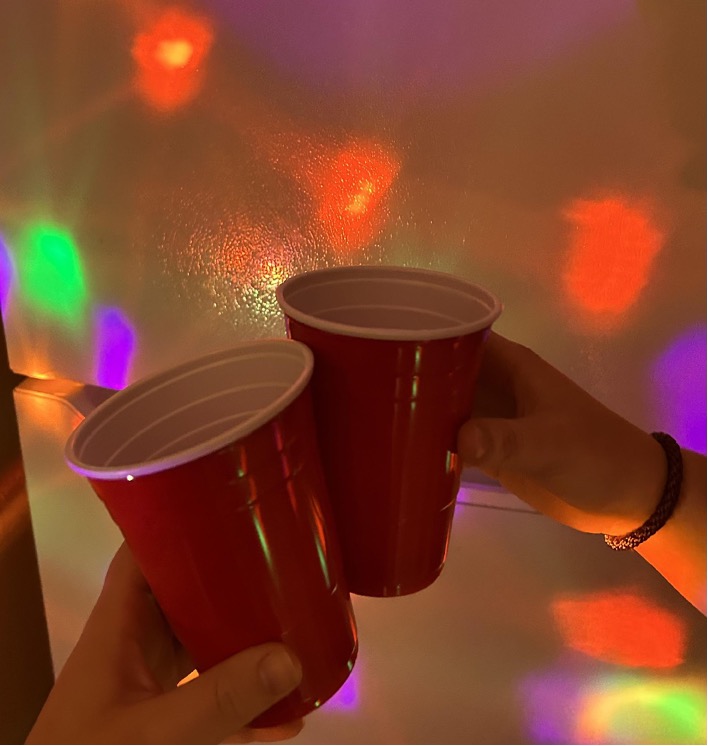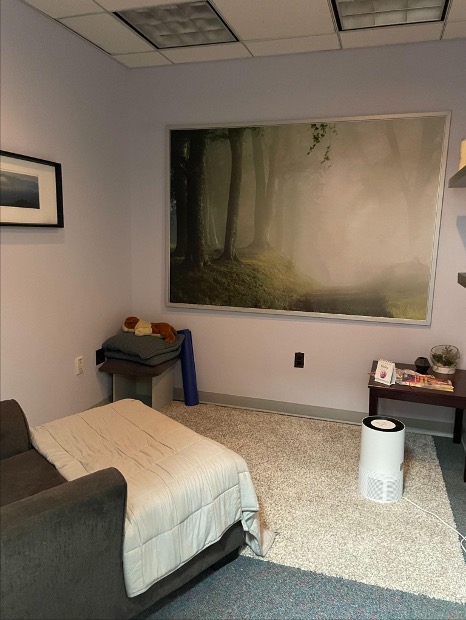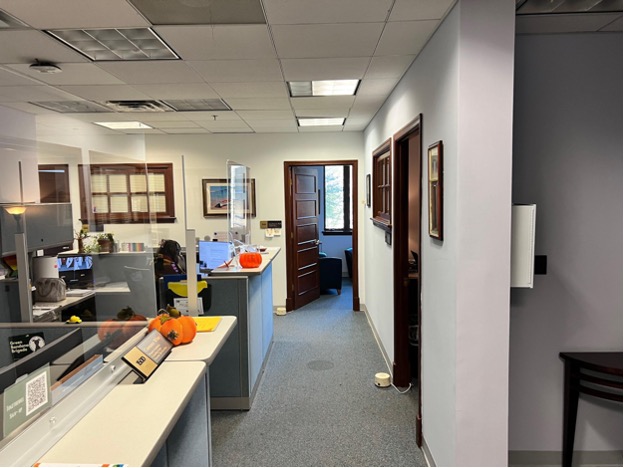The following does not represent the views of Loyola University Maryland, the Greyhound, or Loyola University’s Department of Communication.
Loyola students and faculty recently received an email from Dr. Deborah Melzer, the Vice President of Student Development alerting the community about an increase in students reporting having drinks being drugged, or roofied.
The email caught me by surprise; how could anyone do such a despicable thing in an attempt to take advantage of innocent people trying to have fun with their friends? The reality is, I have been taught to be aware of such things since I was young. Like many of my peers, I have unfortunately had to learn about strangers potentially targeting, violating, or endangering me.
This is why I was surprised that the only prevention from Loyola following this scary news thus far was an email with a subtitle, “Be an Active Bystander.”
The email does include helpful tips, such as reiterating the ‘three D’s’ Loyola students learn about in their summer seminars regarding alcohol safety: direct, distract, and delegate. It also reminds students to watch a friend’s drink if they leave it unattended or alert authorities if you notice suspicious behavior.
Does anyone else feel like this just is not quite enough? That the email was too brief? Not informative enough? Not helpful enough? You’re not alone.
Let’s start with some information about what a ‘roofie’ is.
The term ‘roofie’ is used to describe a substance that is slipped into someone’s drink without them knowing, usually with the perpetrators goal being to sexually assault the victim. The term comes from a drug called Rohypnol, which is a benzodiazepine. Today, the term ‘roofie’ colloquially refers to any date-rape drug that incapacitates you; typically, this is in reference to drink-spiking.
Some substances used to violate victims are easier to obtain than you may think and exist in unsuspecting places, and other substances are harder to acquire. Be aware of prescription medications that come in liquid form, such as drops, as some contain poisonous sedative drugs when consumed.
Dr. Melzer reports, “These substances are colorless, odorless, and tasteless.” The most common drug that has been weaponized against Loyola students is GHB.
When a person is roofied, they often feel extremely drunk with a loss of balance or extreme dizziness, inability to form proper sentences, and a memory ‘blackout’ that comes on abruptly. Other signs an attacker has spiked your drink include sudden nausea, extreme sleepiness, or muscle relaxation.
Dr. Melzer reports that, thus far, none of the perpetrators have been Loyola students. She reports that many cases have been traced back to bartenders and have been slipped into canned drinks which are typically deemed safer from roofies than cups due to the smaller opening. An attacker who is found guilty of spiking a drink with the intent to assault somebody may find themselves in jail for up to twenty years.
I was disappointed that none of this information was included in the school-wide email. I expressed this to Dr. Melzer when I sat down with her last week.
In our conversation, she was very open to my thoughts on the email and explained that composing the email was challenging.
“It’s a difficult balance because we don’t want to victim blame,” Melzer said.
Included in the email were some reminders, such as not leaving a drink unattended and being aware of any potential suspicious activity around you.
I asked her what mandatory meetings and training have been put into place through organizations like Messina or with RAs. Thus far, there are no mandatory actions, but some Messinas have voluntarily chosen to further discuss the issue.
It is disappointing that, following such a groundbreaking and upsetting report, unfortunately, we must be much more vigilant than simply not leaving a drink somewhere with today’s risks. Accessing these substances is concerningly easy, and something can be put in a drink even if you are aware of your surroundings.
NightCap is a company that sells reusable drink covers that fit into an attached scrunchie so you can easily carry it around. I have one, and it really is such a small, easy preventative measure that makes me feel much safer and of a sound mind when I am out.
Their social media team posted a video this year demonstrating how easy it is for someone to spike your drink, even when you are aware. In the video, a girl pours out a ‘Pixie Stick’ into her friends’ drinks – sometimes right in front of their eyes—and they go undetected. You can still be a victim even when doing your part; no matter what happens in a situation like this, please know that it is not your fault.
If you suspect someone has been roofied, whether they be a friend or not, step in and get them to safety as soon as possible. You may save their life.
“Students intervening when they are seeing a friend act differently, getting them to the hospital, calling 911, and reporting it is the best way to help support each other,” Melzer said.
Without proper intervention, physical injury, sexual and physical assault, trauma, and even fatality can occur.
“Going out and coming back to the point of being unresponsive is scary,” said RA Milan Brown ‘25.
Brown also adds that, while there is a lot of focus on educating first-year students on this issue, it is not just a first-year problem.
Dr. Deborah Melzer is hoping for increased awareness around this with Halloween around the corner and is pushing for more conversations regarding this issue on campus. In the meantime, all we can do is be as vigilant as possible.
If you are a victim, please remember that both the state of Maryland and Loyola University have an amnesty policy that protects students from getting in trouble, even if you are underage.
“We should break the stigma that you’ll be in trouble if you go out or drink underage when it is about your safety first,” Brown said.
“Students cannot get in trouble if they have been harmed,” Melzer said. “We want students to look out for each other.”
In the meantime, consider purchasing a reusable drink cover ($10), a pack of 50 disposable sticker covers ($14), or wristbands that contain test strips ($15). Travel in groups, use the buddy system, and watch your drink from the moment it is poured.
Sip safe, Greyhounds.
If you are the victim of a roofie or sexual assault, or any other issues covered by Title IX, you can find resources and report here.
If you need counseling, click here to make an appointment or receive emergency support.













































































































